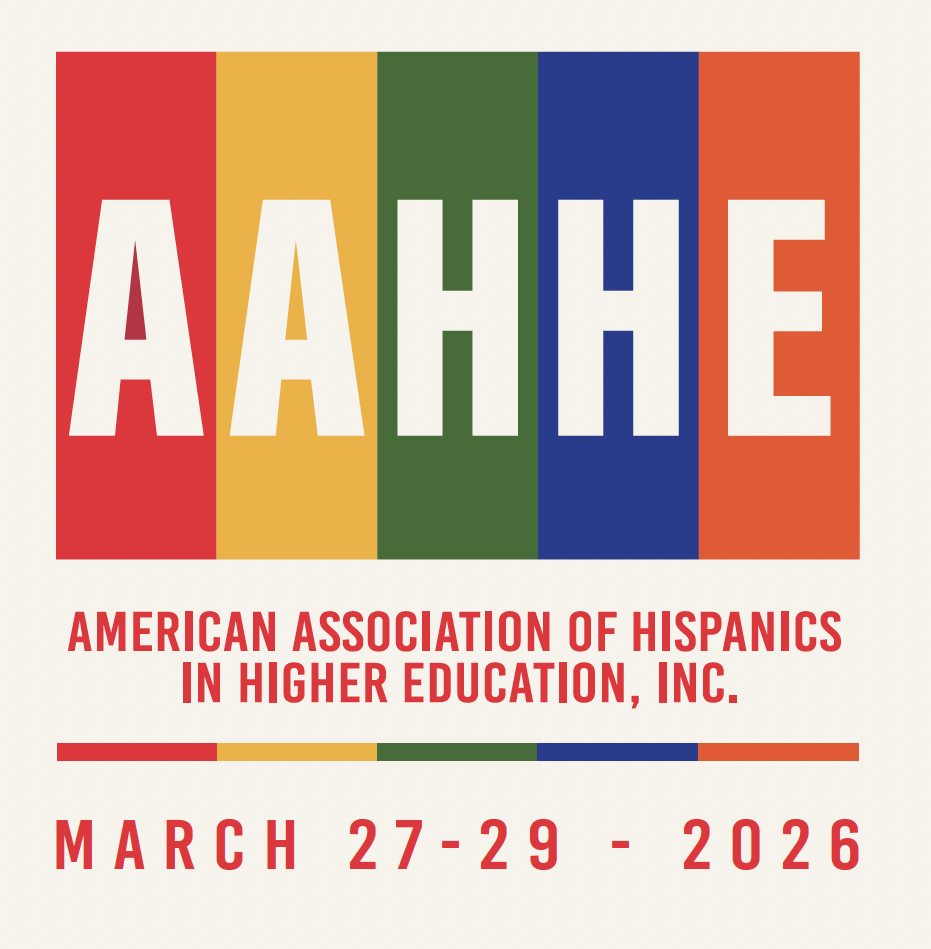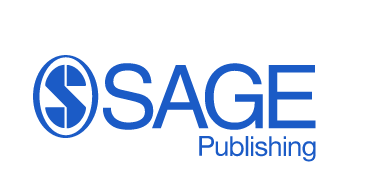
2026 AAHHE Conference Theme
Navigating the Intersections of Geopolitical Realities in Education
This year’s theme, Navigating the Intersections of Geopolitical Realities in Education, calls for an intentional recognition of how intersecting identities and diverse educational spaces, such as geographic, linguistic, generational, and ideological contexts, shape not only access to learning but also lived experiences within educational environments. It urges us to confront how dimensions of power and privilege influence responsiveness to redesign educational systems that are inclusive and transformative. The theme invites us to thoughtfully engage with the complex educational realities within the United States that directly impact Latinx/a/o/e, and marginalized communities at large. As challenges to our communities, histories, and institutions continue to rise—including mounting sociopolitical pressures—we affirm the importance of honest dialogue, empowering discourse, and meaningful accountability.
We invite scholars, educators, practitioners, and community leaders to submit research proposals that critically engage with spaces and concepts of empowerment, hope, and community while reconciling issues of erasure, displacement, and systemic injustice in education and beyond. This call seeks to amplify the voices and experiences of communities historically marginalized or silenced, including—but not limited to—migrant and immigrant populations, Afro-Latinx peoples, Indigenous communities, individuals impacted by the carceral system, LGBTQ+ individuals, and those navigating the intersections of multiple marginalized identities. We welcome proposals that explore these themes through interdisciplinary, intersectional, and justice-oriented lenses. We invite proposals that center accountability as a practice rooted in critical engagement and community collaboration. Across educational contexts—from P–20 classrooms and student affairs to community organizations, higher education, boardrooms, and legislative spaces—we seek work that reflects intentional approaches to advocacy, curriculum development, programming, pedagogy, and leadership.
We call on practitioners and scholars to consider the following:
-
How do intersecting identities such as race, ethnicity, language, class, gender, sexuality, and immigration status, shape the educational experiences, opportunities, and outcomes of Latinx/a/o/é and other marginalized communities across P–20 contexts?
-
In what ways do contemporary geopolitical realities (e.g., border politics, economic inequities, and ideological polarization) affect access to education, and how can educators and policymakers respond to these challenges with justice-oriented solutions?
-
How can curricula, pedagogical practices, and institutional policies be reimagined to resist erasure, displacement, and systemic injustice while amplifying the voices and histories of historically marginalized communities?
-
What models of accountability, community collaboration, and critical engagement can educational leaders and practitioners adopt to create transformative, inclusive, and resilient educational systems?
-
How can research, advocacy, and practice collectively reimagine education as a space of empowerment, hope, and resilience, ensuring it remains responsive to diverse communities while addressing systemic inequities?
This is a time to be honest with each other, with the lands we occupy, and with the futures we claim - this means ensuring that our institutional policies, pedagogies, and practices are aligned with a liberatory future. To do so, we must audit our policies, shift our programming, hold our educational institutions and leaders accountable, organize within and across our institutions, unlearn dominant expectations, and build new coalitions that reflect the urgency of now and responsibility to future generations. Together, we aim to cultivate a space where dialogue is critically conscious and courageous, and where Latinx/a/o/e educational futures are not just theorized — they are enacted, embodied, and sustained in our everyday practice. We are ancestors in the making and have a responsibility for this generation and future ones.
2026 Conference Theme Strands
Transgressing Borders: Reclaiming Knowledge, Honoring Resistance
This strand invites sessions that boldly challenge geographic, ideological, institutional, and/or internal borders. We center the lived experiences and intellectual labor of those navigating borderlands and resisting the forces of colonialism, white supremacy, and academic gatekeeping. From confronting state violence and exclusionary immigration policies to unsettling binaries in scholarship and pedagogy, this strand celebrates the praxis, wisdom, and survival of Latinx/a/o/e communities. We seek work that reclaims knowledge, reimagine belonging, and honor resistance across lands, languages, and lineages, and values global interconnectedness.
Accountability in Action: Beyond Performance, Toward Transformation
This strand focuses on how we move from symbolic gestures to material, lasting structural change. We are asked to consider: What does genuine accountability look like in research, daily practice, leadership, and institutional change–especially in a time of heightened DEI elimination? This strand calls for action that resists performativity and enacts authentic, reflexive, and justice-driven approaches to policy, pedagogy, and praxis, fostering transformation as a commitment, not a metaphor. It invites work that names harm and democratizes power, while simultaneously centering action over optics, justice over convenience, and practice over performance.
Unbounded Coalitions: Building Power Through Shared Struggle
As anti-immigrant, anti-Black, anti-Indigenous, anti-queer, and anti-DEI attacks intensify, this strand uplifts the power of collective resistance. How do we build principled solidarity across movements, geographies, generations, and lived experiences? What does it mean to imagine Latinx/a/o/e futures rooted in care, mutual accountability, and cross-diasporic collaboration? We seek work that centers coalition-building as both method and outcome, refusing institutional silos, deepening relational labor, and advancing liberation through unity in education.
Futurities in Formation: Imagining Latinx/a/o/e Educational Possibilities
In a world that often insists on our erasure, this strand invites us to dream and build anyway. What liberatory futures can we envision and enact for Latinx/a/o/e communities in and beyond higher education? We welcome speculative, creative, and visionary contributions that stretch the limits of the present. Whether through pedagogy, storytelling, research, or institutional design, this strand is a space for radical imagination, strategic hope, and generative possibility for the future.
Updated 9/19/2025
|


